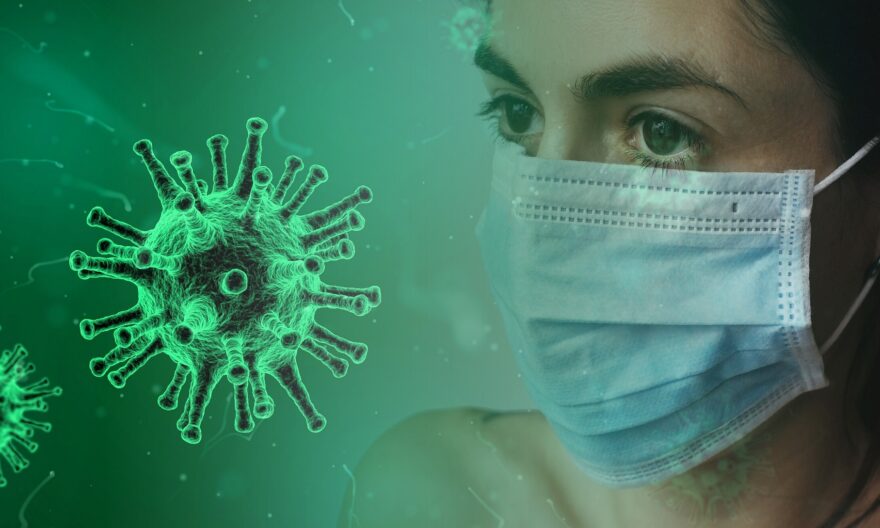
COVID-19 is still a new disease, so scientists are still researching how long antibodies will last. However, it’s currently estimated that immunity could last between a few months and two years.
The data indicate that neutralising antibodies last for at least several months in patients infected with the virus, but that the number of antibodies falls gradually over time.
For example, a recent study of nearly 6000 participants found that most people still had antibodies five to seven months after recovering from COVID-19 infection. This was true for both mild and severe cases, although those with more serious cases had more antibodies.
Scientists also point out that T and B cells both play a key role in fighting infections and establishing long-term immunity by acting as memory cells.
These cells can retain their memory response for years or, in some cases, decades. They remain ready to fight infection if the same virus enters the body again.
A study published earlier this year found that T and B cells were still present up to eight months after infection for those diagnosed with COVID-19.
Can you get infected with COVID-19 more than once?
It is possible to get COVID-19 more than once, although in many cases symptoms are milder the second time as they already have some immunity. People’s immune responses vary and the severity of the symptoms also depends on the time between infections.
Additionally, new variants of the virus mean that people who have already been infected with COVID-19 could be reinfected and experience new symptoms.
How do vaccines compare to natural immunity?
All the vaccines currently available to the public have proven to produce a strong antibody response, which means they provide a high level of immunity.
People who have had the Moderna vaccine have been shown to have high levels of antibodies six months after their second dose. For those that had the Oxford-AstraZeneca, high levels of antibodies with “minimal waning” were found three months after the first dose.
Vaccines have been shown to produce strong levels of immunity. But, people’s immune systems tend to respond in a different way to a natural infection.
Eleanor Riley, professor of immunology and infectious disease at the University of Edinburgh, who took part in a study into immune responses from vaccines and natural infections, stated, “The immune response after vaccination is much more homogenous.”



